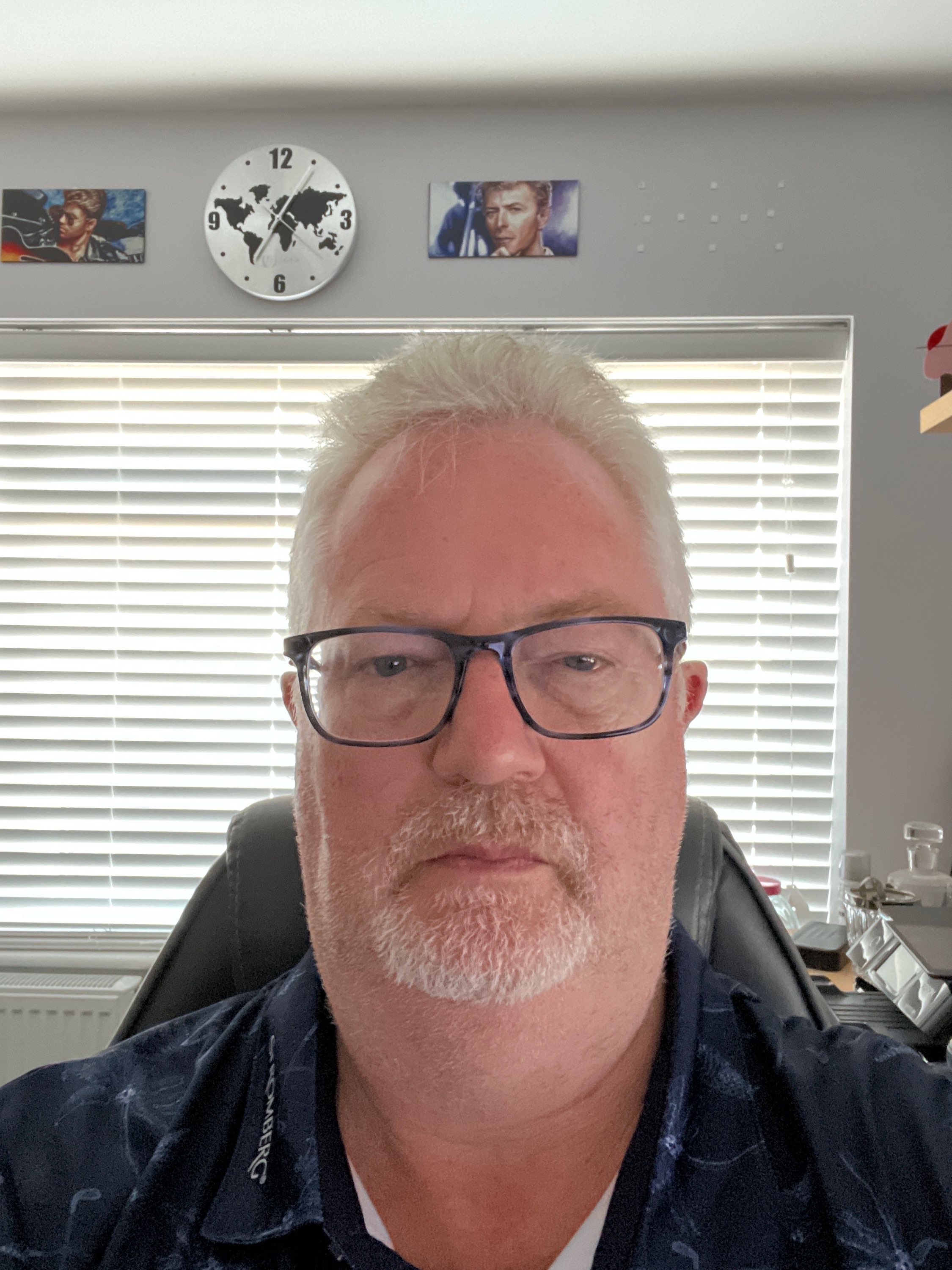Orbital Assembly Corporation names advisory board members to advance space ecosystem construction
- Satellite Evolution

- Dec 1, 2021
- 3 min read
Orbital Assembly Corporation (OAC) the leader in providing low gravity technologies enabling humanity to work, play and thrive in the space ecosystem has announced new members to its advisory board who are highly accomplished and well known in the space industry.
“We have assembled a prestigious panel of space entrepreneurs, visionaries and industry thought leaders as we fine tune our significant potential business and revenue opportunities,” says Orbital Assembly Chief Executive Officer Rhonda Stevenson. “They will be a critical asset to our current and future team as we move forward on designing and funding gravity simulating on-orbit habitation environments for leisure, commercial and industrial activities. In an industry as new as the commercial space arena, we are adding a significant amount of space heritage that will guide us forward in space ecosystem commercialization.”
OAC is focused on decreasing the price of launching materials into orbit so that materials and client’s payloads will be delivered more cost-efficiently. To facilitate more rapid deployment, the company is building patented robotic assembly systems that are designed to assemble facilities in space many times larger than the International Space Station, while accommodating hundreds of tourists, researchers, and technicians.
The new board members are as follows:
Kai Stats is an entrepreneur, researcher, and veteran developer of platforms for research and science education. He is co-founder and a board member of Cislunar Industries, a start-up working toward on-orbit transformation of space debris into fuel rods and structural materials. At the University of Arizona Biosphere 2, Kai is Research Director for SAM, a Space Analog for the Moon and Mars. He and his team are constructing a hi-fidelity, hermetically sealed Mars habitat analog with greenhouse, living quarters, airlock, pressure suits, and half acre indoor/outdoor Mars yard. In parallel, Kai leads development of SIMOC, a research-grade computer simulation and educational interface hosted by National Geographic that enables citizen scientists to explore the complexity of a human habitat on Mars.
John C. Mankins is an entrepreneur, communicator and space industry leader. He is currently president of Artemis Innovation Management Solutions LLC, an internationally recognized leader in space systems and technology innovation, and as a highly effective manager of large-scale technology R&D programs. He is also a Director of Solar Space Technologies, LTD. PTY., President of Mankins Space Technology, a founder of Deep Space industries. Mankins' 25-year career as an innovator at NASA HQ and at CalTech's Jet Propulsion Laboratory (JPL) ranged from flight projects and space mission operations, to systems level innovation and advanced technology R&D management. Before leaving NASA, Mr. Mankins was the manager of Exploration Systems Research and Technology within the Exploration Systems Mission Directorate with responsibility for an $800M annual budget, involving more than 100 individual projects and over 3,000 people.
Jim Howe is currently vice president of government relations at Centrus Energy where he works in the policy, legislative, and business development arenas to help bring state-of-the-art technologies to market. He has worked in Washington, DC at all levels of government, including in the Office of the Vice President, the Department of Homeland Security, and as the head of Coast Guard Congressional Affairs.
Frank White is an author, space philosopher, and communications consultant. He has penned or coauthored 14 books on topics ranging from space exploration to climate change to artificial intelligence. His best-known work, The Overview Effect: Space Exploration and Human Evolution, is considered by many to be a seminal work in the field of space exploration. Since the first edition of his book on the subject was published in 1987, "the Overview Effect" has become a standard term for describing the spaceflight experience.
Janet Ivey-Duensing is host of the award-winning Janet’s Planet, a public television science series for children. A cheerful, energetic, creative voice for STEM education, Janet constantly seeks new opportunities to engage people in her love for science. Janet is an advocate, educator, communicator, and female role model of STEM/STEAM and is committed to sharing the joy of exploration and discovery with children around the globe. Janet’s mission is to encourage science literacy globally and particularly to embody the role of female science mentor for the next generation of women in space and science.



Comments